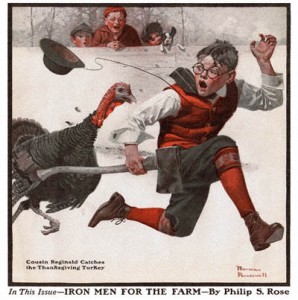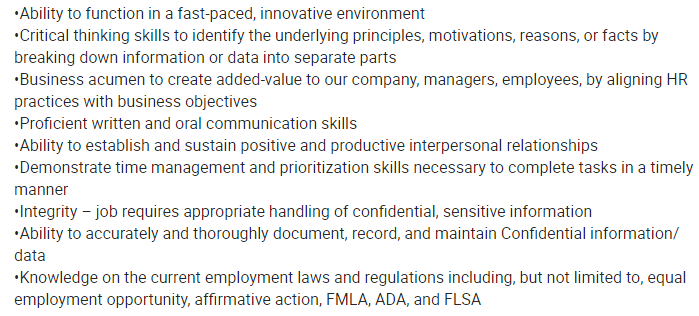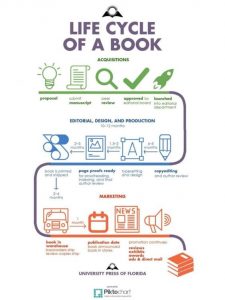
The holidays? They can be stressful, particularly when they give your family members opportunities to quiz you about your plans after graduation. This year, your career plans (or lack thereof) may be a welcome distraction from politics, so all the more reason to brace yourself for those conversations.
Some tips:
- Be prepared. These conversations often stem from loving concern. Look for ways to reassure the people who care about you that you’re on your way to a stable, self-supporting adult life. Some things that will demonstrate that you are headed towards a career path:
- prepare to apply for a spring semester or summer internship
- get to know I-Link and start checking it regularly to learn more about the kinds of jobs you’d like to apply for. (Pro-tip: use the “Advanced Search” window in “I-Link Jobs,” but refrain from typing into the search bar; instead use the “Industry” and “Position type” pull-down menus to focus your search.)
- find a part-time job that will give you professional experience
- get involved in a campus publication
- register for a career preparation course
- call 333-4346 to schedule an appointment for career advising with Kirstin Wilcox, your department’s Director of Internships
- find an alumni mentor
- brush up your resume, practice your elevator pitch, and get your professional attire ready for the winter and spring campus career fairs.
- Save this link to your phone. The odds may or may not be ever in your favor, but the data certainly is, so you can be ready when a relative trots out some canard about English majors being unemployable.
- Seriously, it’s a tough labor market, but you are no less employable than anyone else. Keep this table from the Illini Success survey handy, in case you have a relative telling you to switch your major.
- Need more talking points? Try this, this, this, or this.
- Learn more. Take some time to browse this very blog for additional information on jobs that English majors do (including human resources, advancement and development, communication, business consulting, science journalism, running small businesses, legal writing, project management, book publishing, video editing, science editing, project operations, librarianship, B2B publishing).
- Stay true to yourself. Spend time with a book you want to read but don’t HAVE to read to remind yourself why you got into this major in the first place. Write a poem. Watch a movie with some intellectual heft to it. Make a trip to the nearest independent or used bookstore.

 This is an entry-level position in human resources, a field for which English and creative writing are always “related majors.”
This is an entry-level position in human resources, a field for which English and creative writing are always “related majors.” ent was in the English department yesterday to talk about his own experience. It was a field he stumbled into, but the point where it became a career path, rather than simply a way to pay the bills, was the point where he realized he could make a difference in the lives of other people. Having seen on-the-job conflicts be mismanaged (“some managers just love to fire people”), he sought out a managerial role where he could help resolve conflicts supportively and constructively.
ent was in the English department yesterday to talk about his own experience. It was a field he stumbled into, but the point where it became a career path, rather than simply a way to pay the bills, was the point where he realized he could make a difference in the lives of other people. Having seen on-the-job conflicts be mismanaged (“some managers just love to fire people”), he sought out a managerial role where he could help resolve conflicts supportively and constructively.
